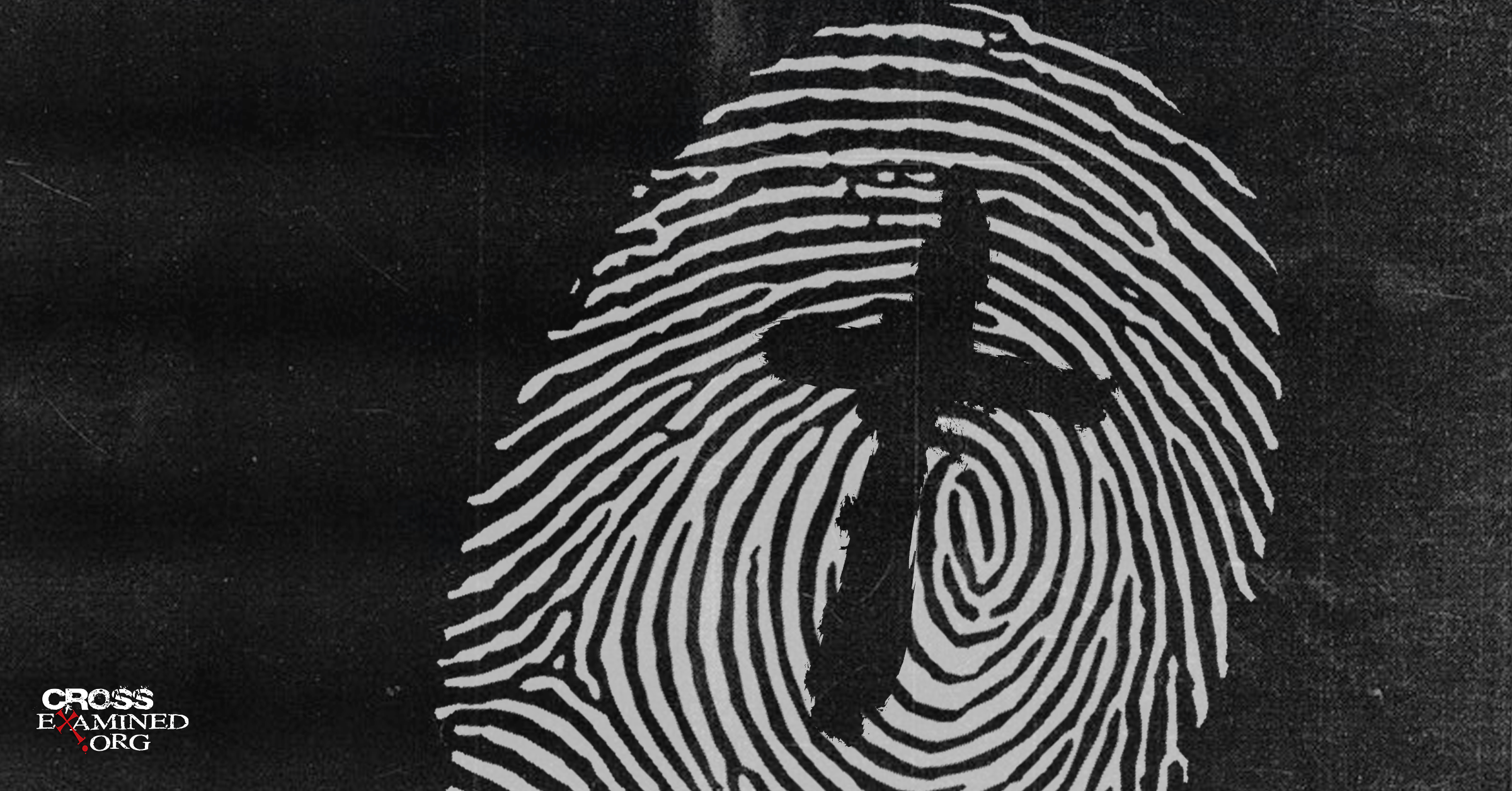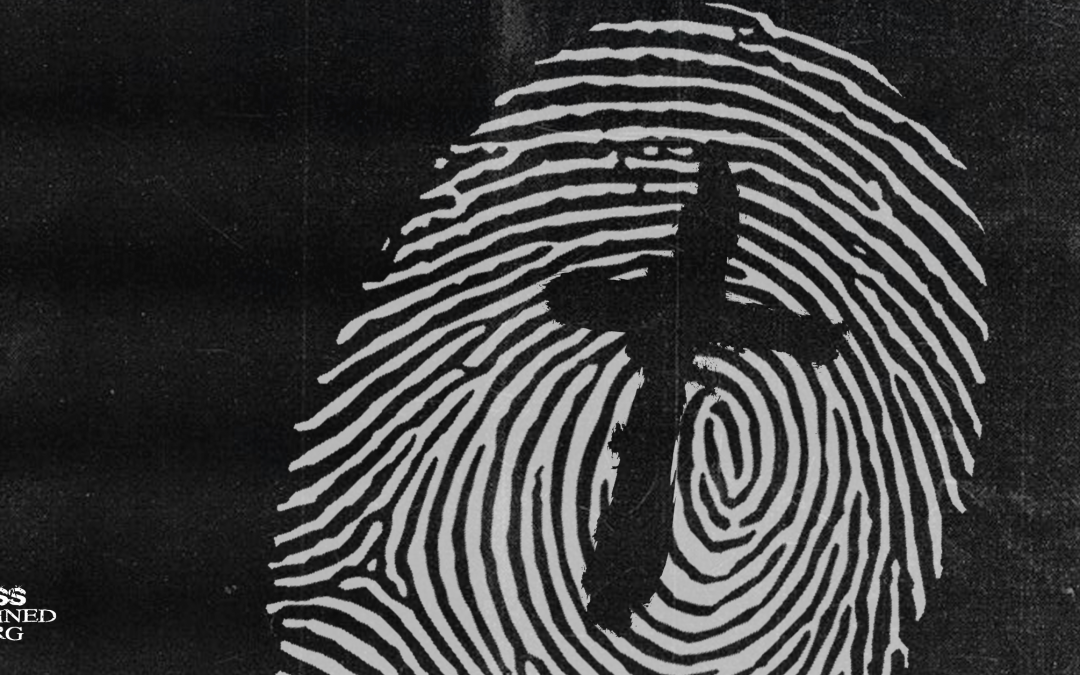By Al Serrato
Every year in America, thousands of crimes occur in which there are no witnesses and very little evidence. Sometimes, the perpetrator leaves behind a fingerprint impression – a latent print -somewhere at the crime scene. In the past, these prints possessed little value in identifying the offender; before a comparison could be conducted, the police would have to already have a known suspect.

Today, law enforcement officers have access to much better technology, in the form of AFIS – the Automated Fingerprint Identification System. Maintained by the FBI, it houses the data for millions of fingerprint impressions, allowing an unknown latent print to be compared to millions of known offenders. In a matter of minutes, the AFIS computer can spit out the top twenty possible matches to the unknown latent print. But this is only the beginning of the analysis because, with only one latent print at the scene, there is but one actual source for the print. A trained analyst must then spend the time examining in fine detail the patterns of each suspect – the whorls and arches and loops, the ridges and furrows – to determine whether an exact match can be made. The top twenty possible matches have much in common, but on further examination, differences will emerge in the ridge pattern and detail until the one actual source can be identified.
So, what does this have to do with the field of apologetics? Just this: living as we are in very pluralistic times, we often encounter people who believe that all religions are basically the same. Examining them superficially, they will see that religions share a number of features; for example, most teach the utility of treating others with respect, of being kind, of helping the poor. So, while acknowledging some differences in doctrines, people who hold this view believe they have arrived at a great truth: there is no one right religion, just people who mistakenly, and sometimes dangerously, think that they have the corner on truth. This leaves them feeling settled, for the moment, as they conclude that no further inquiry is required. Just be kind to others and follow your heart and all will be well. But on closer examination, all they have really done is stopped searching for the truth, for the “source” of the life that has been given to them and the universe that surrounds them.
Like fingerprints, religions can appear on the surface to be identical, or nearly so, when in fact they are not. And to determine where and how they differ requires a rigorous and close inspection. This of course is crucial in a fingerprint analysis because we know that for one print, there can only be one source. No analyst would stop when she narrowed the search to three possible sources because common sense and reason dictate that two of the three – or perhaps all three – must also be excludable on further inquiry. It is the nature of the thing examined.
So too with the knowledge of God. The major world religions make mutually exclusive truth claims about the nature and attributes of God. Do we live and die once, and then face judgment, as Christianity teaches? Or do we undergo a continuous cycle of life, death, and reincarnation? Is there one God consisting of three persons, or are there instead of a single god or a multitude of deities? For one religion to be true, the others cannot be.
It is logically possible, of course, that all religions are false. It is not possible, by contrast, for religions holding contrary positions to all be true. Either Jesus Christ is the Son of God who rose from the dead and thereby provides salvation to a fallen world, as Christians claim, or he is not. He cannot be both savior and mere sage at the same time.
Critical and careful analysis of a latent fingerprint can lead to the discovery of the truth as to who left it behind. Making the effort is critical to the pursuit of justice, the importance of which we all intuitively recognize.
But critical and careful analysis can also lead to knowledge of the one God who brought us into existence. When we fail to investigate this question because we mistakenly believe that we already know all we need to know – that is, when we allow ourselves to be misled to believe that all religions are pretty much the same – we may not intuitively realize just how much we are giving up.
After all, what comes next – what awaits each of us at the end of our days here on Earth – is without a doubt the most important question that we must confront. And the sooner we begin that process, the sooner we will find that good and satisfying answers await.
Recommended resources related to the topic:
Can All Religions Be True? mp3 by Frank Turek
Counter Culture Christian: Is There Truth in Religion? (DVD) by Frank Turek: http://bit.ly/2zm2VLF
How Can Jesus be the Only Way? (mp4 Download) by Frank Turek
Jesus, You and the Essentials of Christianity by Frank Turek (INSTRUCTOR Study Guide), (STUDENT Study Guide), and (DVD)
__________________________________________________________________________________________________________________________________________________
Al Serrato earned his law degree from the University of California at Berkeley in 1985. He began his career as an FBI special agent before becoming a prosecutor in California, where he continues to work. An introduction to CS Lewis’ works sparked his interest in Apologetics, which he has pursued for the past three decades. He got his start writing Apologetics with J. Warner Wallace and Pleaseconvinceme.com.


















Facebook Comments